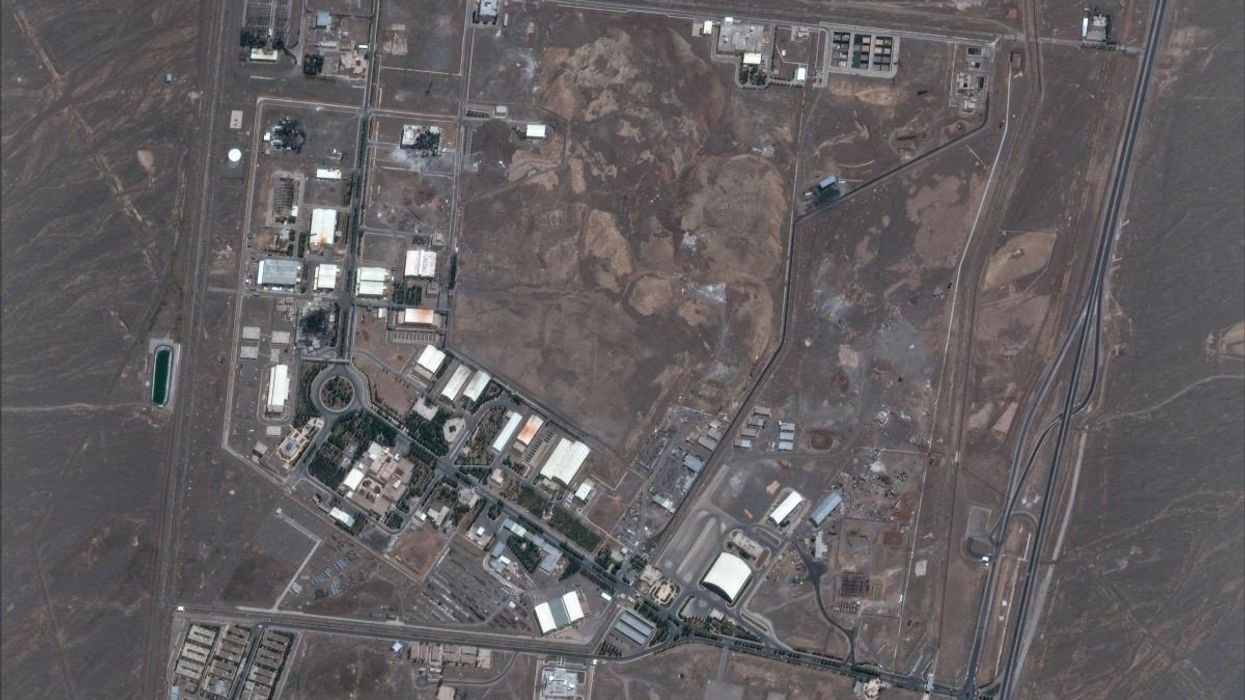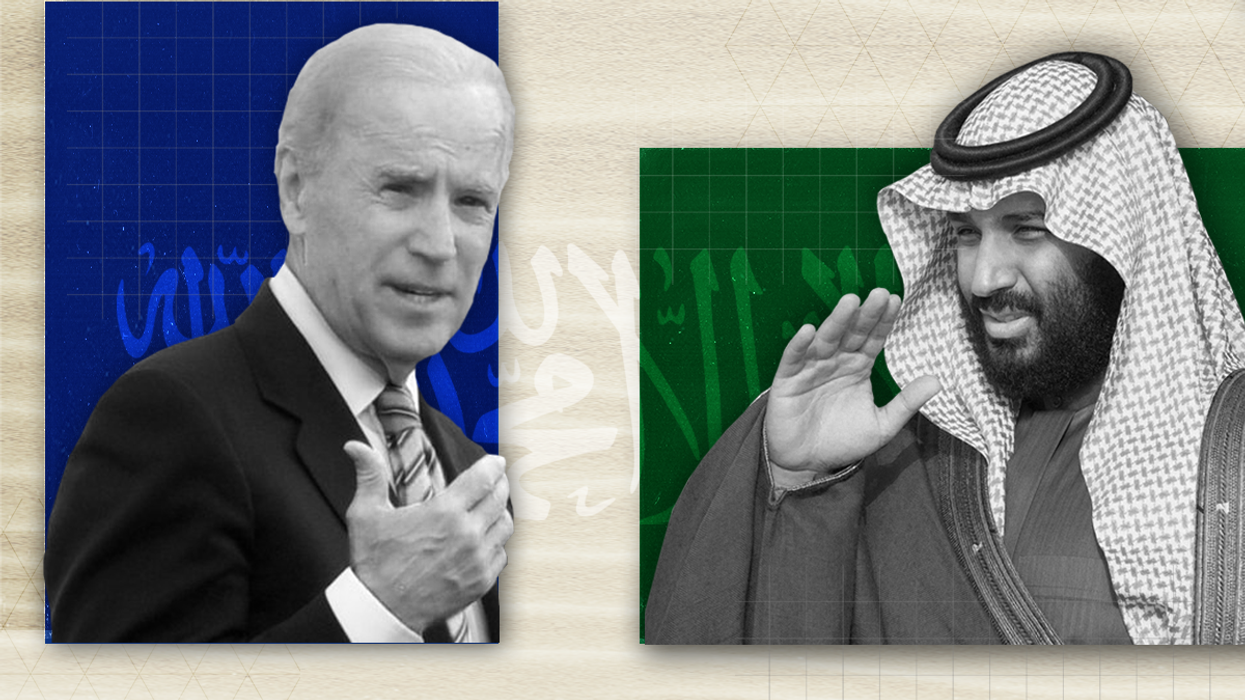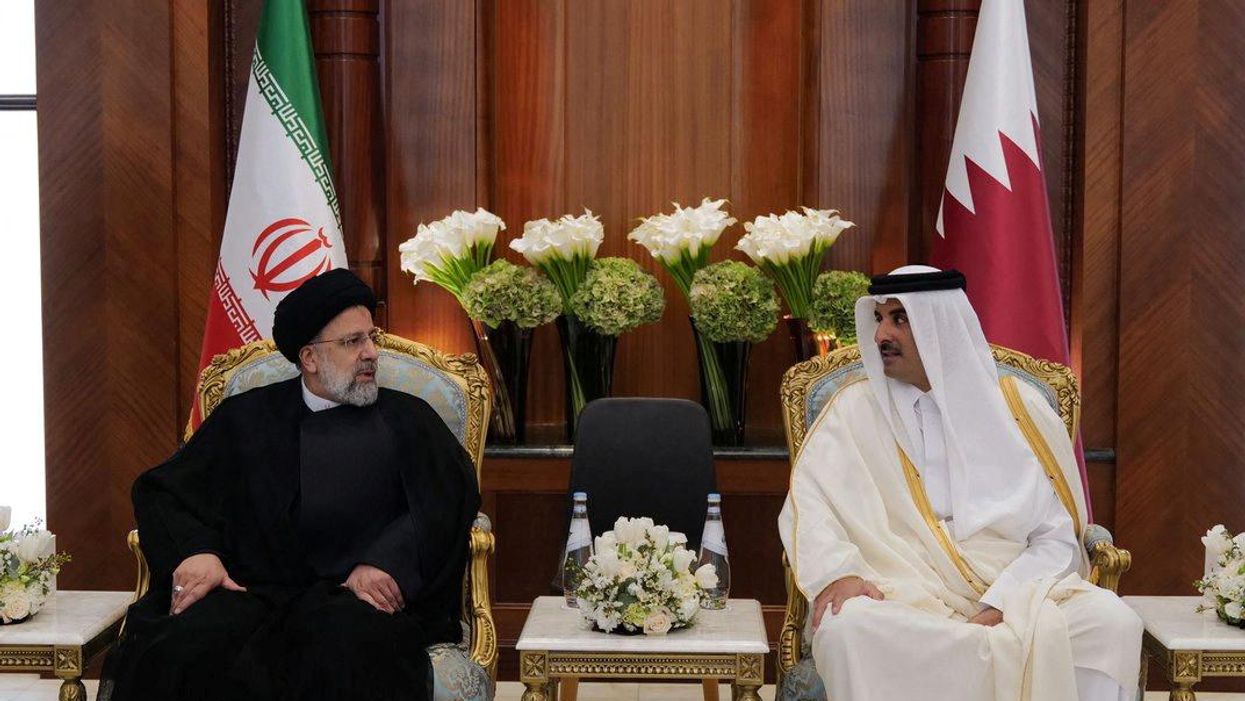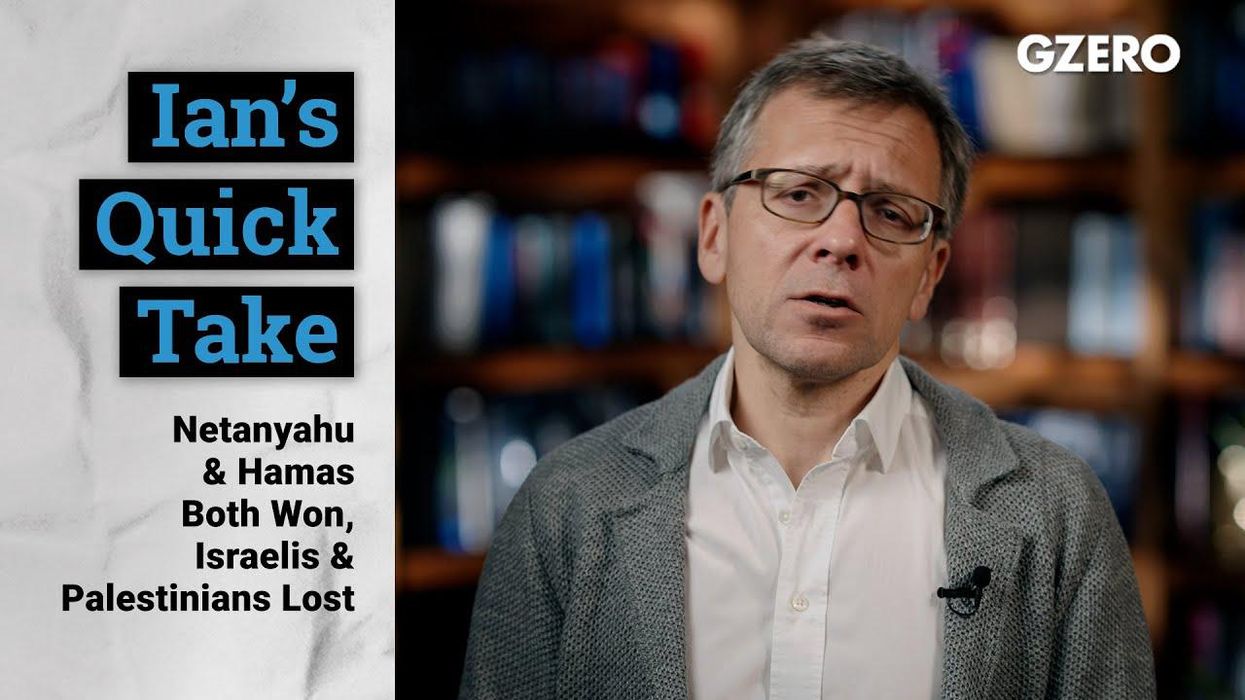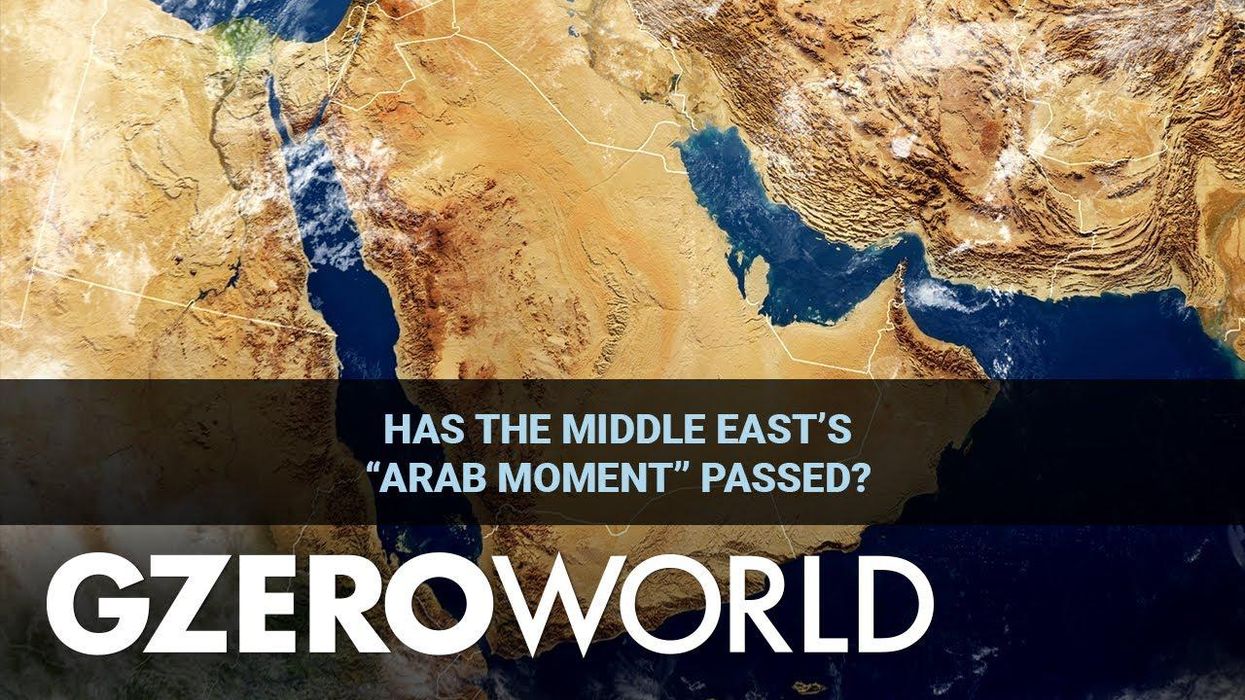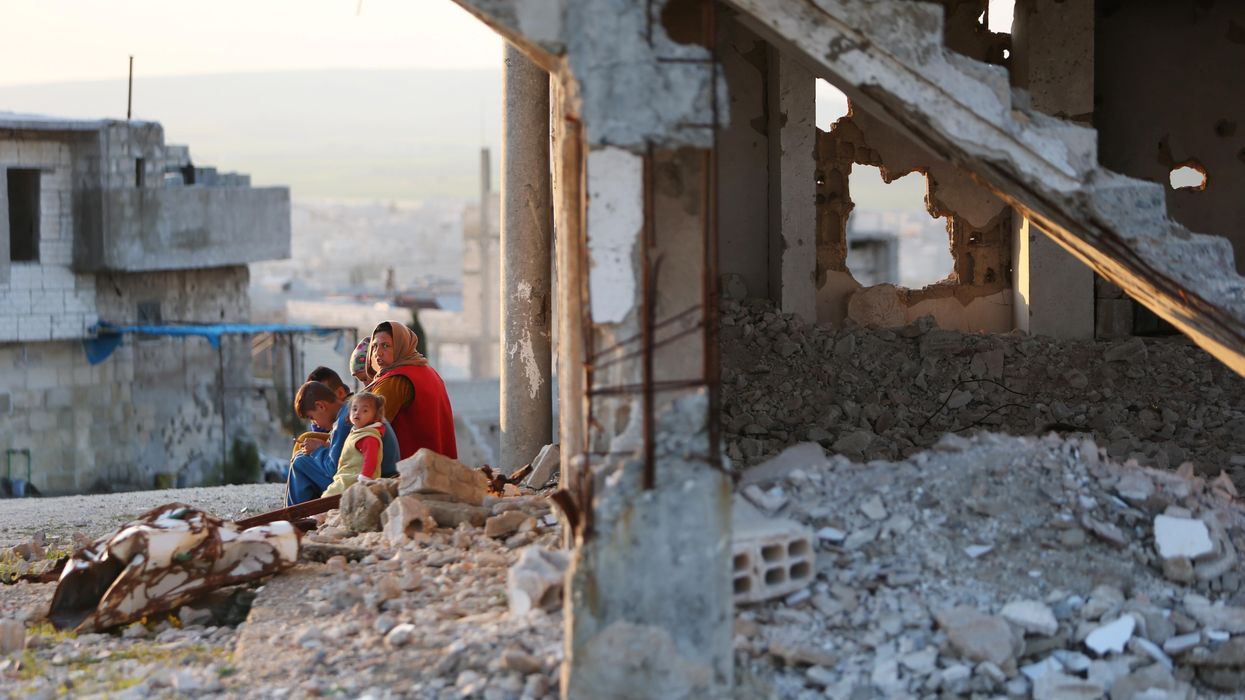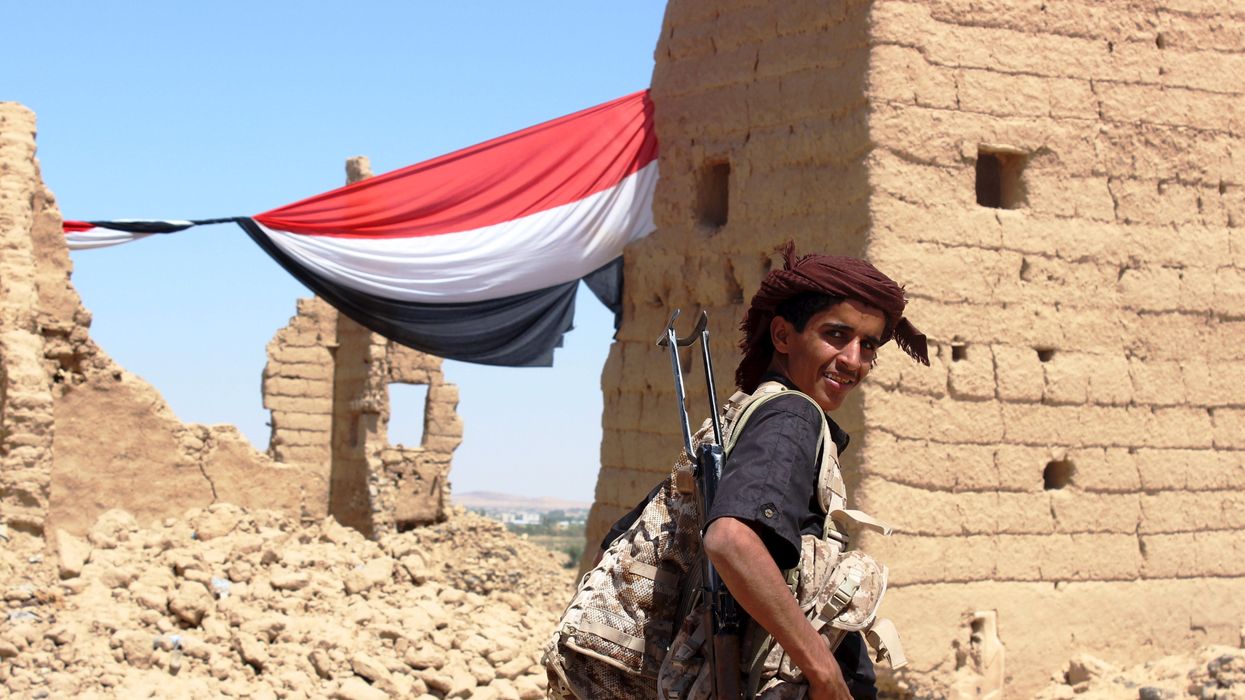Analysis
What the world thinks of the Israel-Iran conflict
Ever since the Israel-Iran feud turned violent last week, the focus has been on how the United States will respond. Other major power players, though, will also have a view on the conflict.
Jun 18, 2025
